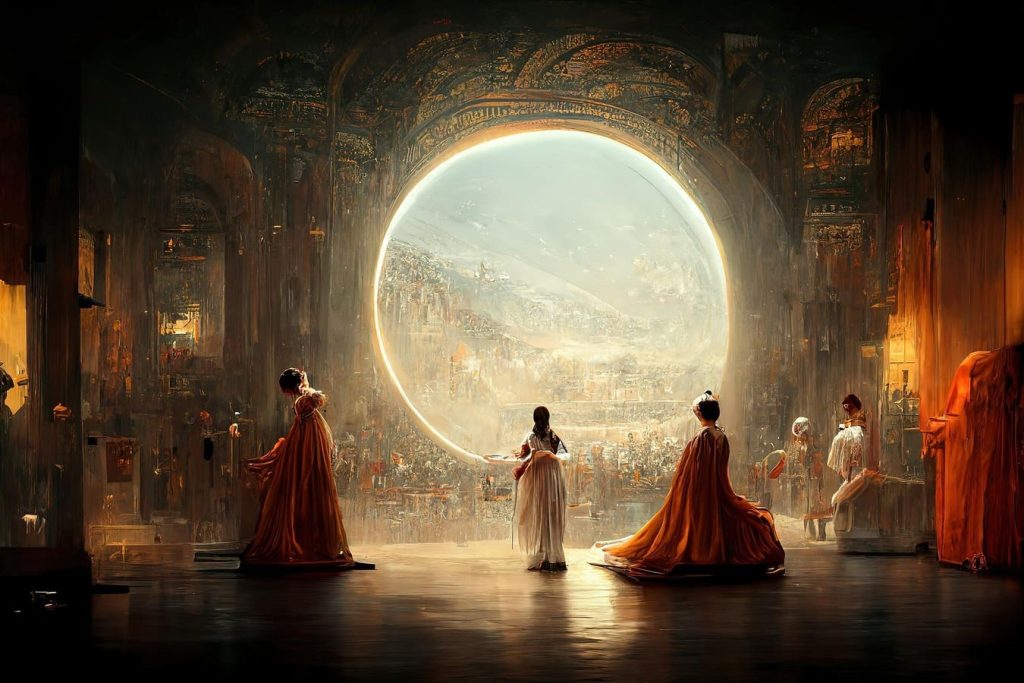41-year-old Jason Allen spent over 100 hours creating an award-winning image with AI-generated technology from Midjourney, only to have the U.S. Copyright Office reject his application to copyright it. The image, titled “Théâtre D’opéra Spatial” (French for “space opera theater”), won first prize in a photography competition, but the agency claimed it lacked “human authorship” and creativity.
Allen stated that he wrote 624 unique text-based prompts to guide Midjourney’s software in producing the image he desired, adjusting various aspects such as style, composition, colors, and tone. Despite his efforts, the Copyright Office denied copyright protection for the work, leading Allen to file a lawsuit challenging the decision and seeking to have it reversed.
Following the Copyright Office’s rejection, Allen experienced theft of his work by other artists, who attempted to sell it as their own on platforms like Amazon, Etsy, and NFT marketplace OpenSea. This backlash came amid accusations from the artist community that he had cheated in the Colorado State Fair competition by employing AI tools in his creative process.
The lawsuit filed by Allen against the Copyright Office is part of a broader debate within the art community concerning the legality of using AI technology to create original works. In a separate class action lawsuit, artists accused AI companies like Midjourney of using copyrighted artworks without permission to train their AI models, which now compete with artists themselves.
The Copyright Office is currently navigating the complexities brought about by AI in terms of ownership and intellectual property. While it recently ruled against granting copyright registrations for fully AI-generated works, it acknowledges that some works involving AI may still demonstrate human authorship and creativity, thus remaining eligible for copyright protection.
Allen, who now operates an online gallery selling prints of AI-generated illustrations, believes that works created with the assistance of AI tools should be protected under copyright law, regardless of the level of human input involved. He considers himself a digital creator and advocates for the ability to produce numerous artworks with AI technology while retaining copyright protection.


